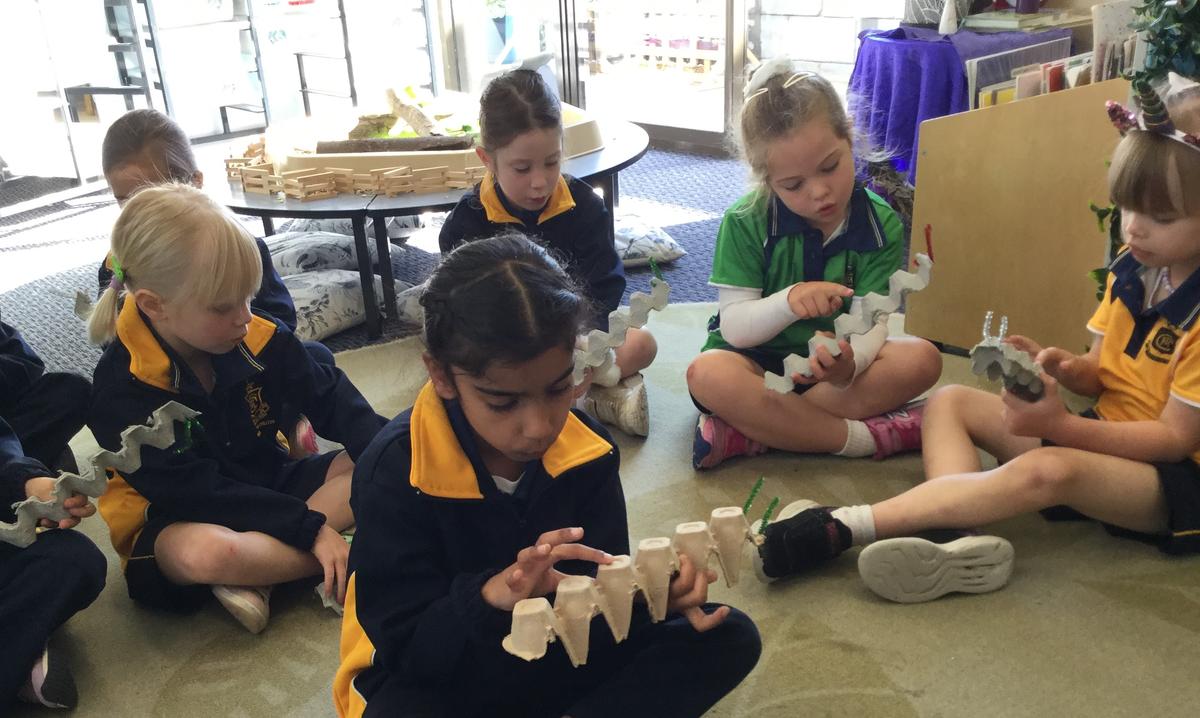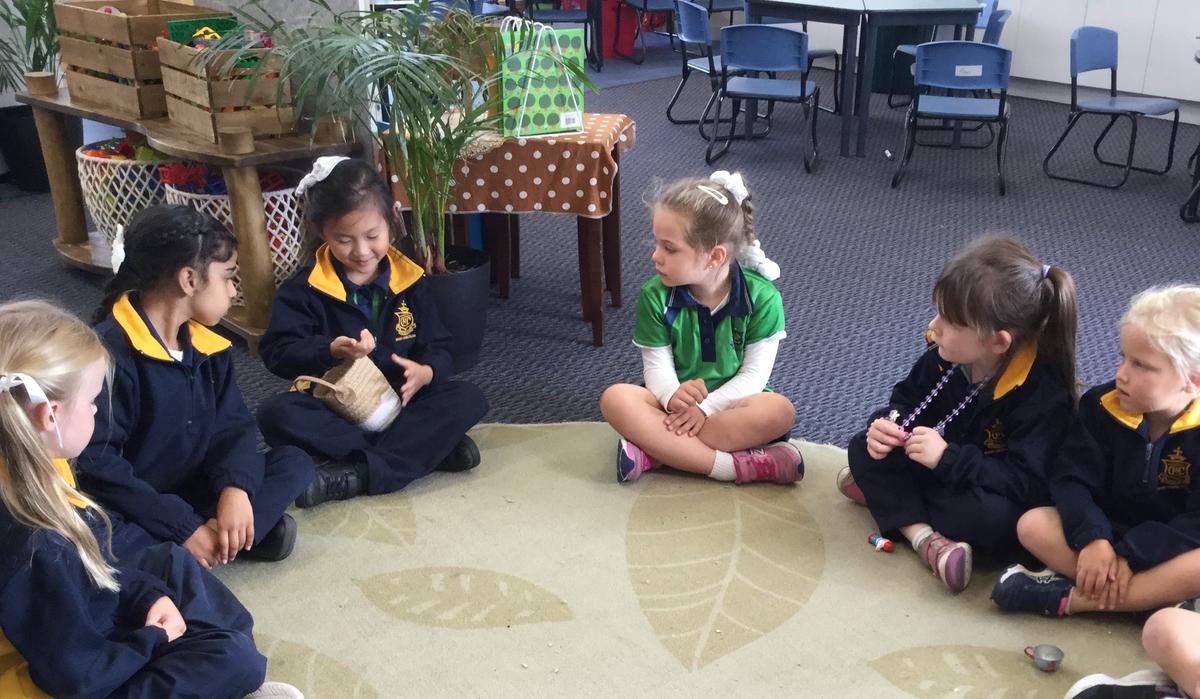The Science of Reading
Nicola Smith

The Science of Reading
Nicola Smith
As mentioned in our previous literacy article, the Science of Reading states that the key areas of literacy development in students are: phonological awareness, phonics, fluency, vocabulary and reading comprehension.
This week, we will dive deeper into the concept of phonological awareness.
Phonological awareness is essentially students understanding that speech is made up of words and that words are made up of specific individual sounds and sound patterns.
In the English language there are 44 individual units of sound, which includes sounds related to individual letters or letter combinations, such as /sh/. For example the word ship has three sounds: /sh/ /i/ /p/.
Strong phonemic awareness includes the ability to break sentences into their individual words, break words apart into their sounds and syllables, identifying words that rhyme and alliteration.
Below, some of our Prep students breaking sentences apart into individual words, using caterpillars they made to point to a new part of the caterpillar, for each spoken word within a sentence.




Understanding that our spoken language is constructed in this way becomes the foundation for strong word recognition, reading and spelling skills later in children’s literacy development.
You can practice this at home, with your child of any age, by asking them to identify the syllables in words of ranging complexity, engaging in rhyming games or identifying alliteration in texts they engage with.
Home reading in the Early Years
As part of our Literacy journey this year, our school has chosen the wonderful online home reading resource. Decodable Readers Australia’s Online Library will be the main platform for home reading in classes Prep - Year 2. Each Class will distribute more information according to their year level and student development. Each child will be on a slightly different learning journey with their reading and their set books may differ from others. If you have any questions about your child, please speak to your child’s class teacher.